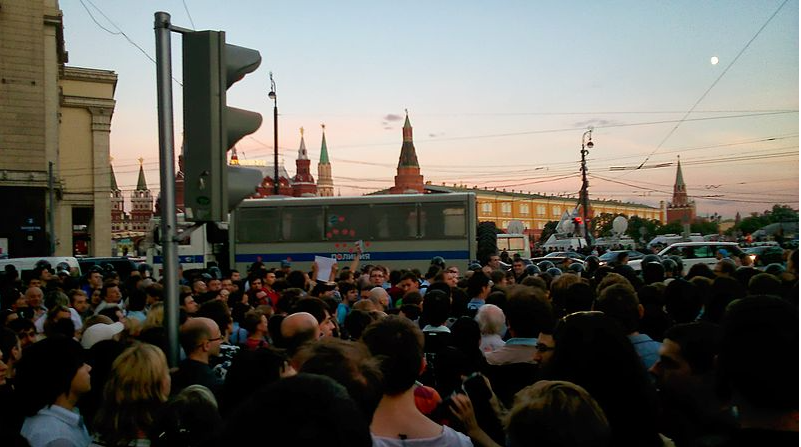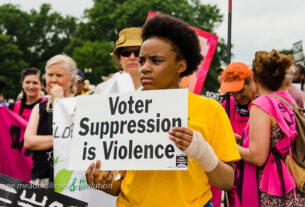Introduction: Georgia is currently in the midst of a political crisis marked by mass protests against the ruling Georgian Dream Party. Tensions have escalated as opposition leaders were arrested during an anti-government rally on Sunday, further fueling widespread discontent. Protesters, primarily opposing the government’s perceived shift towards Russia and its failure to uphold democratic standards, have been calling for political reforms. The situation continues to intensify as authorities crack down on dissent, with concerns growing about the country’s future alignment with Europe.
Protests Erupt Following Controversial Elections
Since the disputed parliamentary elections in October, where the opposition claims the results were falsified, Georgia has seen daily mass protests. These protests were sparked by the ruling Georgian Dream Party’s victory, which the opposition regards as illegitimate. The situation was further aggravated in late November when Prime Minister Irakli Kobakhidze announced that the government would delay EU membership talks until 2028, a move that alienated pro-European factions.
Arrests and Police Crackdown
On Sunday, during one of the largest protests in recent weeks, Georgian police detained prominent opposition leaders, including Nika Melia, leader of the liberal pro-European Akhali Party, and Gigi Ugulava, a former Tbilisi mayor and vocal critic of the government. Both Melia and Ugulava have previously faced politically motivated charges, with years spent in prison under the current regime. Their arrests came as thousands of demonstrators attempted to block access to the capital, Tbilisi.
The crackdown was severe, with several people detained and at least one protester reported injured. The Interior Ministry had previously warned protesters that blocking highways was punishable by up to four years in prison. Riot police used tear gas and water cannons to disperse crowds during earlier waves of protests, with more than 400 arrests reported in late November.
International Reactions and Human Rights Concerns
International reactions have been swift and critical. European Union Foreign Policy Chief Kaja Kallas condemned the violent repression of peaceful protesters, journalists, and politicians, expressing solidarity with the Georgian people. Similarly, human rights organizations like Amnesty International and Georgia’s Ombudsman Levan Ioseliani have accused police of using excessive force, with reports of torture and mistreatment of those detained.
Georgia’s human rights situation has sparked widespread condemnation, with growing concerns about the government’s trajectory away from democratic norms and European integration.
Georgian Dream’s Ties to Russia and Growing Isolation
The ruling Georgian Dream Party is increasingly accused of steering Georgia away from its pro-Western path, notably by its perceived growing alignment with Russia. This has been exacerbated by its crackdown on protesters and the adoption of repressive laws. In response to these developments, the EU suspended visa-free travel for Georgian diplomats and officials, while the U.S. and European countries imposed sanctions on Georgian officials.
Constitutional Crisis and Uncertainty
Georgia is now grappling with an unprecedented constitutional crisis, as the opposition refuses to recognize the newly elected parliament and government. Pro-Western President Salome Zurabishvili has declared both the legislature and the government illegitimate, further deepening the political divide. The inauguration of Mikheil Kavelashvili, the ruling party loyalist and far-right politician, has only added to the turmoil, as Zurabishvili maintains her stance as the legitimate leader of Georgia.
Conclusion:
The political unrest in Georgia highlights a growing rift between the government’s policies and the public’s desire for democratic reforms and European integration. With opposition leaders being detained and international condemnation mounting, the future of Georgia’s political landscape remains uncertain. The government’s increasing alignment with Russia and its crackdown on dissent have placed Georgia in a precarious position, both domestically and in its relations with the West. The coming months will be crucial in determining whether Georgia can overcome its political crisis and return to its pro-European aspirations.



